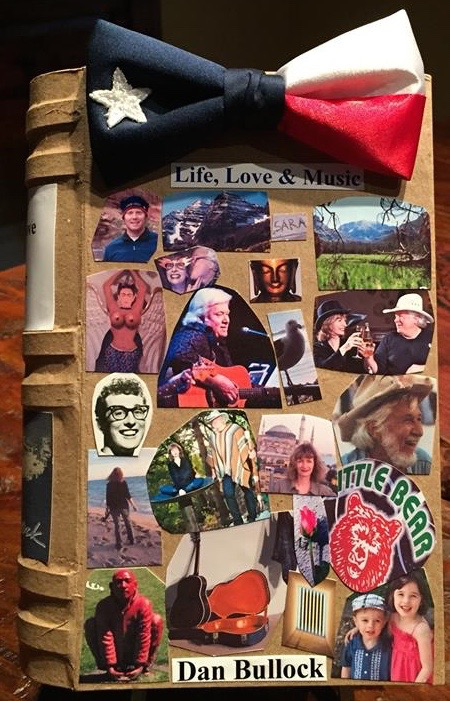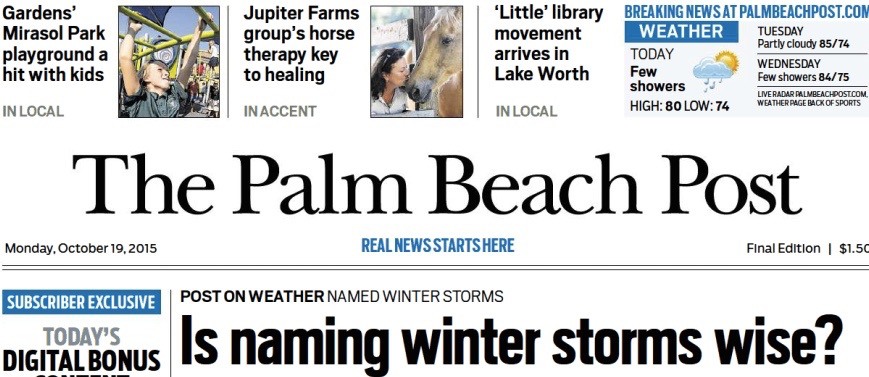I recently attended a church in another city that is very strategic about the things it does, the things it doesn’t do, and how it communicates. As a result, more and more people are being drawn to that church resulting in additional services, building facilities, and three satellite campuses.
Most Christian radio stations aren’t growing their audiences at all. In fact, it is the format with more stations and fewer listeners than any other format, according to our buddies at Nielsen.
Growing stations are ones that are purposeful about everything they do. Here’s a suggestion on how you can evaluate your station.
Understand who you’re trying to communicate with. John Maxwell says, “People are not persuaded by what they hear. They are persuaded by what they understand.”
The pastor at that church would never consider giving a message to preschoolers the same way as he does to seniors. Nor would he consider communicating in the same way to the college crowd as to those in elementary school.
To be an effective communicator or an effective radio station you must understand who you are talking to.
Most stations get the “target demo” thing, but I’m suggesting it is also important to understand the life cycle of how people listen to your radio station.

Let’s pretend that your station has three main types of listeners -new listeners, casual longer term listeners, and fans.
New listeners are like window shoppers. They aren’t very familiar with the music and may have a vague sense of what your station is about. They don’t get the secret handshake.
Casual listeners tune to your station from time to time, perhaps when they are in a particular mood, but for some reason haven’t yet bonded with your station. They don’t get the secret handshake either. (Detect a trend?)
Your fans love the music and are the ones most likely to give you their opinions and get involved with station events or concerts. Since these are the only people we ever hear from we tend to make our programming decisions, particularly when we react to complaints, assuming that everyone thinks this way. (Not even these folks get the secret handshake! ‘Reckon that’s why it’s called ‘secret’).
If you think about the scope of things on your station, it is a relatively simple exercise to determine which programming elements would most appeal to which group of listeners. If your radio station isn’t growing its audience it is likely because your station isn’t consistent with the programming elements and presentation style that would most appeal to new listeners.
“If you do something remarkable, something new and something important, not everyone will understand it (at first). Your work is for someone, not everyone.
Unless you’re surrounded only by someones, you will almost certainly encounter everyone. And when you do, they will jeer.
That’s how you’ll know you might be onto something.” Seth Godin










